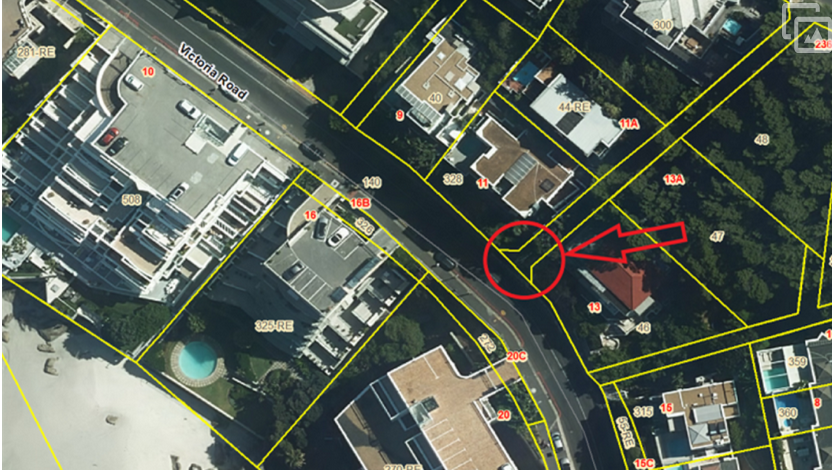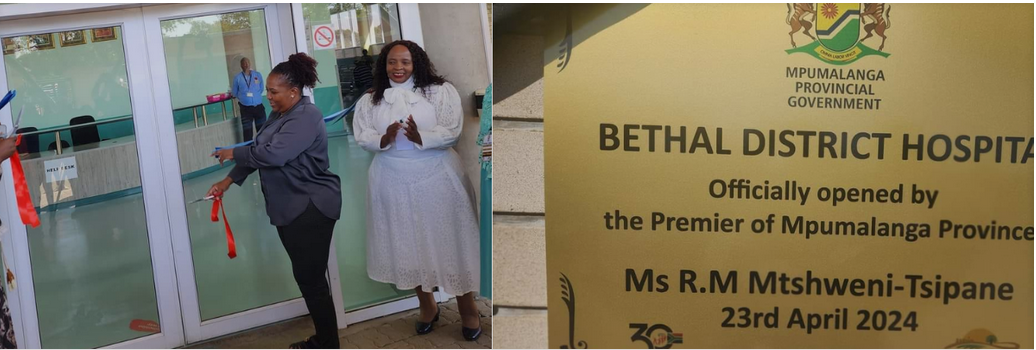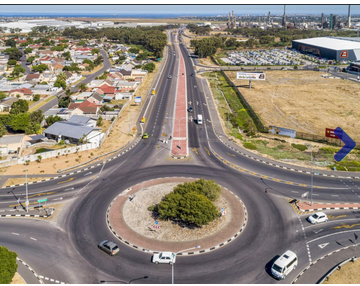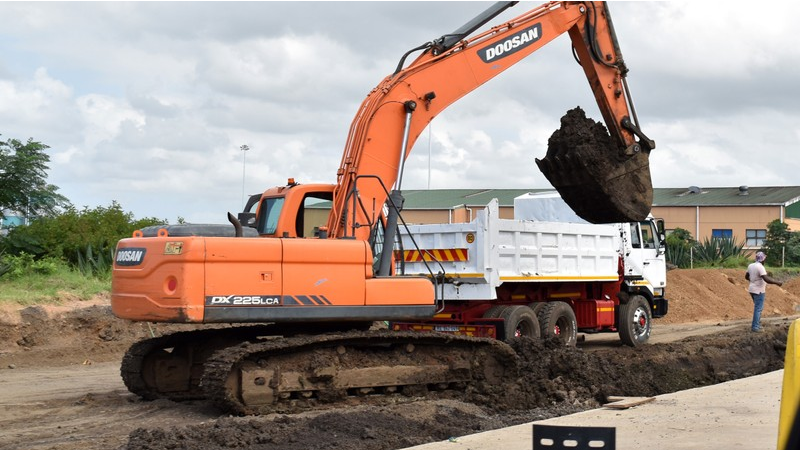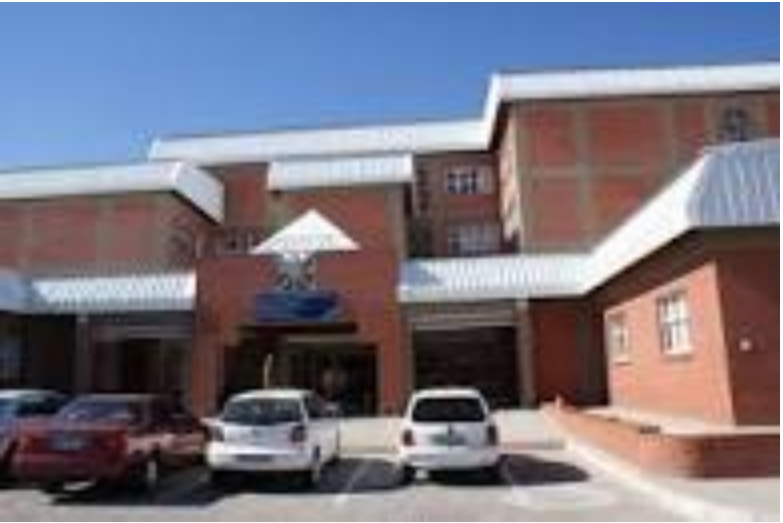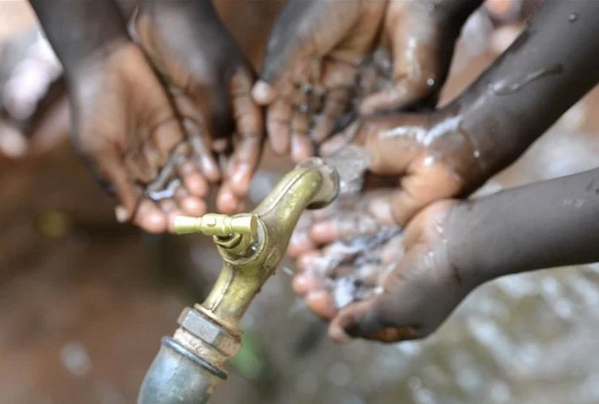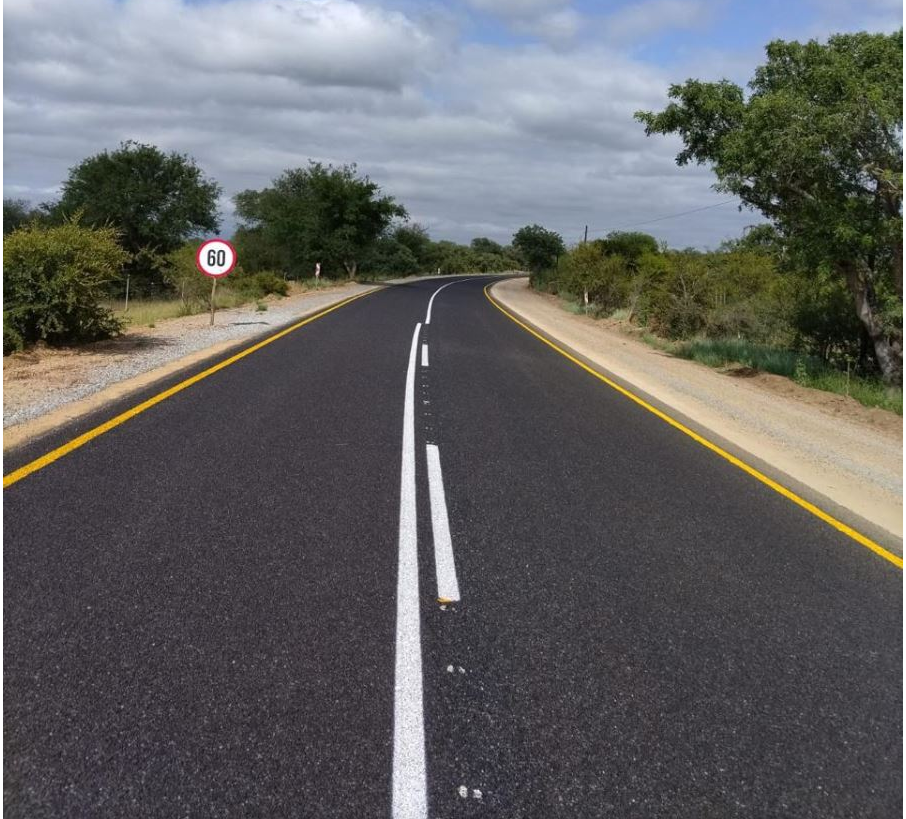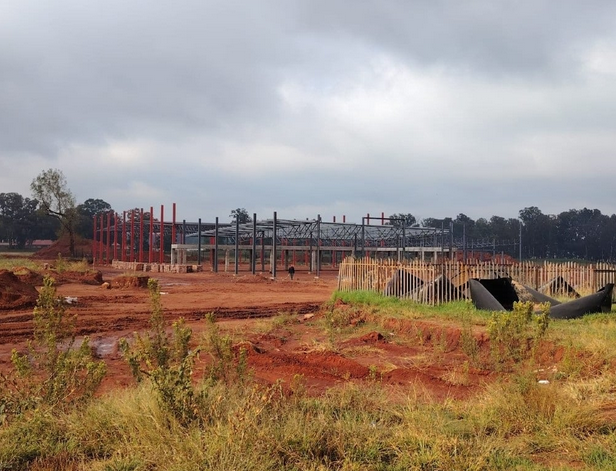Qualified plumbers help mitigate and eliminate risks
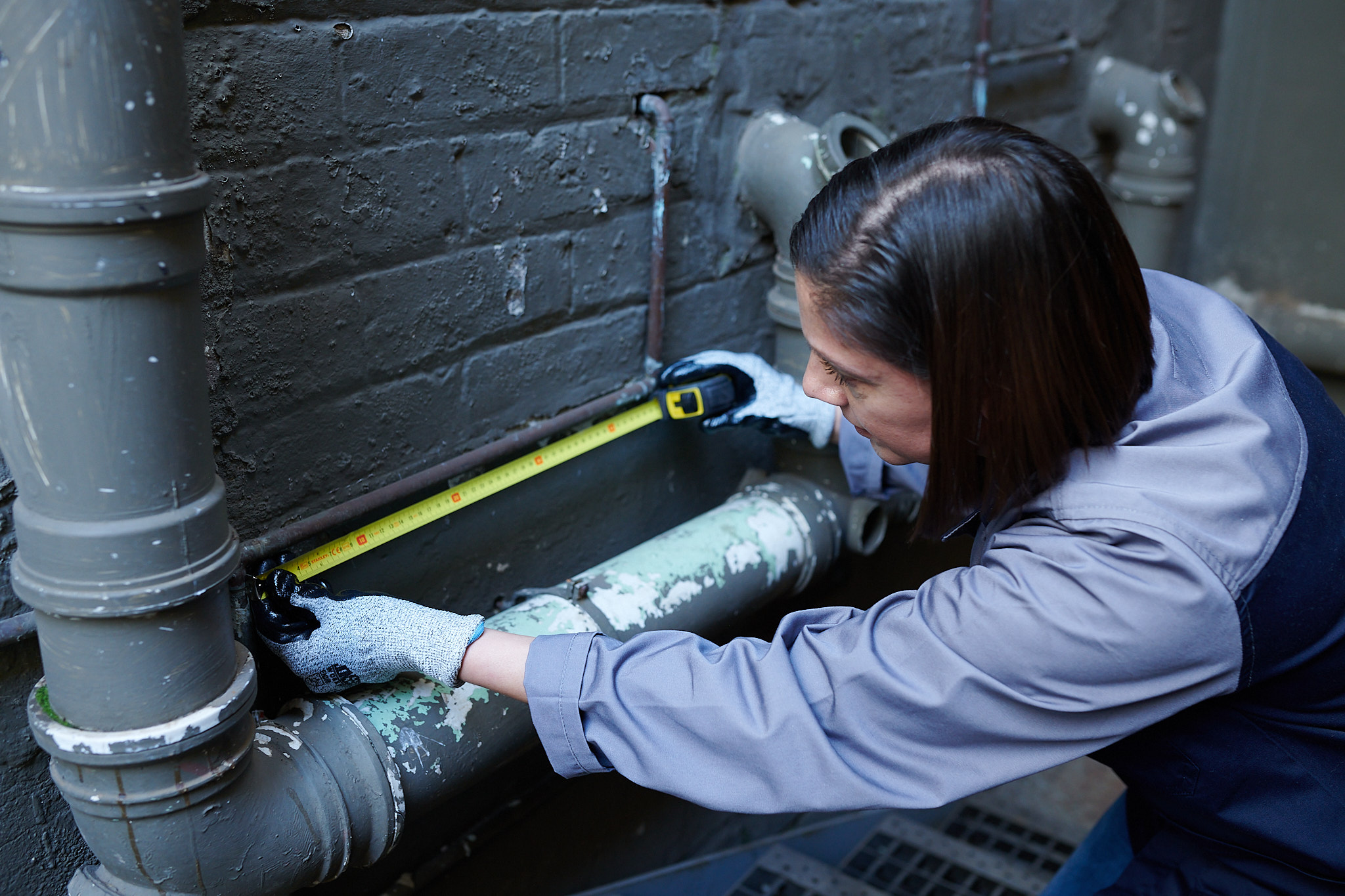
26-10-2021
Read : 644 times
The Content Engine
Source
The role of qualified plumbers transcends the design and installation, as well as maintenance and repair of plumbing systems by also efficiently managing the risks associated with all of these processes.
“Professional plumbing services provide many benefits. This includes the convenient supply of safe drinking water, as well as the efficient handling and disposal of waste streams without harming the public and environment. These systems are, therefore, vital for the efficient functioning of, among others, homes, business premises, hospitals and clinics, as well as schools. However, if incorrectly installed, maintained or repaired, plumbing systems can place occupants, communities, the environment, property and municipal infrastructure at risk,” Brendan Reynolds, Executive Director of the Institute of Plumbing South Africa (IOPSA), says. IOPSA is the official voice of a membership consisting of many qualified plumbers. They are all also accredited by IOPSA and registered with the Plumbing Industry Registration Board.
Some of the risks associated with the substandard installation, maintenance and repair of plumbing systems include the potential contamination of water sources with harmful bacteria and chemicals from corroded pipes and fittings. A well-designed and correctly installed plumbing system also eliminates the risk of cross-connecting drinking water supply and waste-removal systems which can threaten the health of entire communities.
Because qualified plumbers understand the risks associated with plumbing work, they know how to evaluate and analyse them to determine the most appropriate measures to implement effective abatement measures.
The risks involved vary in severity. High-risk scenarios demand urgent and meticulous attention to protect property owners, occupants of buildings, communities, the environment, property or municipal infrastructure. However, there are also instances where risks may be considered very low and too costly to mitigate or eliminate by a plumber. In these instances, property owners, communities and municipalities may decide to accept them and monitor them over time.
Formal and structured education and training, therefore, plays an immense role in risk abatement. Qualified plumbers complete three years of theoretical and practical training before they write their trade test to ensure that they are competent to perform plumbing work.
This training also provides a holistic view of the industry. Qualified plumbers, therefore, also understand the importance of adhering to strict health and safety regulation when undertaking their duties to help avoid serious injuries and fatalities. This is when they work at height and in confined spaces, as well as when pushing, pulling and carrying heavy loads.
During their training, they are also exposed to mandatory quality standards, which is another critical means of managing risk associated with plumbing work. These compulsory standards govern every aspect of the installation, maintenance and repair of plumbing systems. They encompass the type of pipes and fittings that may be used for plumbing systems and how they are labelled and packaged through to the correct installation of various plumbing systems and fittings. This includes the installation, maintenance and repair of electric hot-water storage tanks. When installed incorrectly, “geysers” can put lives at risk and cause damage to property. Worryingly, “geysers” are still being incorrectly installed on properties without 20mm overflow pipes fitted to their temperature and pressure (T&P) valves. To prevent an explosion, T&P valves release pressure when water temperature inside the “geyser” becomes too high. The overflow pipe prevents the boiling water from flooding through ceilings onto building occupants.
However, Reynolds says it is also the responsibility of individuals, communities and municipalities, through comprehensive water services bylaws, to help qualified plumbers mitigate and eliminate risk associated with plumbing works.
“It is imperative that individuals and communities invest in maintaining existing and repairing faulty systems and only use qualified plumbers when they do so. Astute municipal water services bylaws help enforce this. Backflow, for example, requires immediate attention because it could potentially contaminate kitchens, bathrooms and laundry rooms and, in so doing, placing occupants of the building in harm’s way. It occurs when there is more air pressure in the plumbing system than in the water supply, causing water to flow backwards. Backflow can also occur when sewage lines running to homes are damaged due to flooding. Meanwhile, the National Building Regulations specify that only “qualified plumbers” are allowed to undertake any work that is related to water supply and sewerage systems on new building projects and refurbishments. This is to mitigate and eliminate the risk associated with the installation of new plumbing systems,” Reynolds concludes.
For more information contact:
David Poggiolini
david@thecontentengine.co.za
Debbie Poggiolini
debbie@thecontentengine.co.za
Image supplied: Qualified plumbers complete three years of theoretical and practical training before they write their trade test to ensure that they are competent.
Recent News
Here are recent news articles from the Building and Construction Industry.
Have you signed up for your free copy yet?
